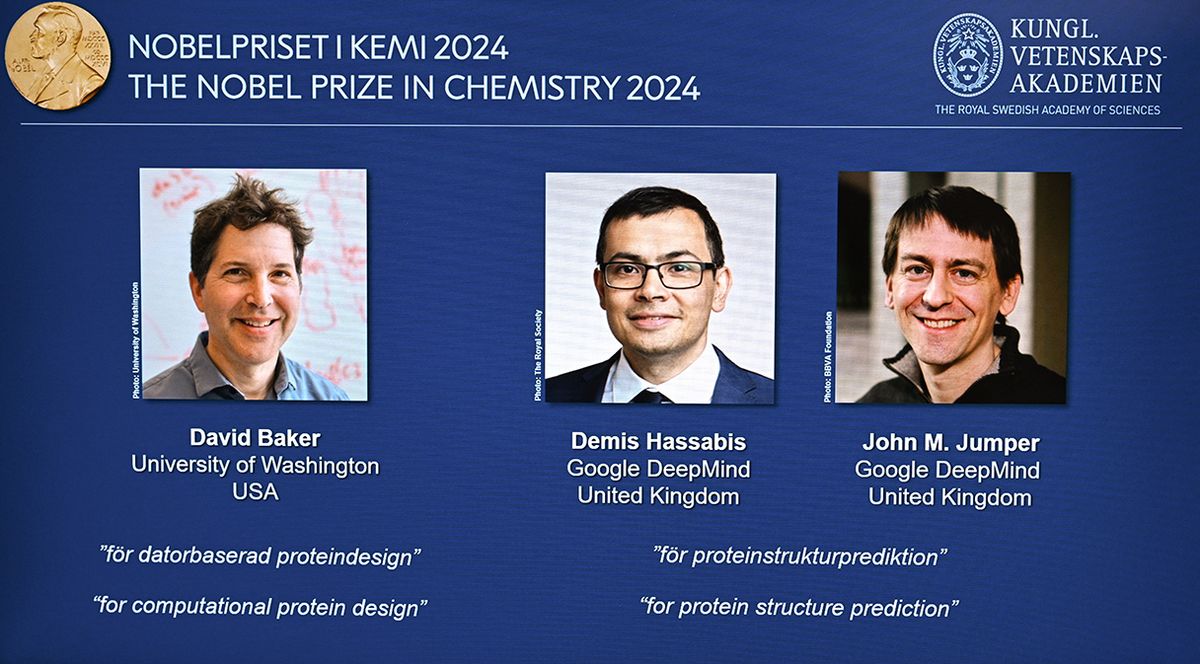Google DeepMind CEO Predicts AI Could Eradicate All Diseases Within a Decade

AI's Medical Revolution: DeepMind Leader Forecasts Disease-Free Future
Google DeepMind CEO Demis Hassabis has made global headlines with his bold assertion that artificial intelligence could eliminate all human diseases within 10 years. This revolutionary prediction comes as DeepMind's AlphaFold system continues transforming biological research, having mapped 200 million protein structures in one year - a task that would have taken humans one billion years.
The Protein Folding Breakthrough Behind the Vision
DeepMind's AlphaFold technology has already reduced protein structure analysis from multi-year PhD projects to instantaneous predictions. Hassabis emphasized that understanding these biological building blocks enables targeted drug design, telling CBS' 60 Minutes: 'If we know protein functions, we can understand disease mechanisms and create precise treatments'.
Accelerating Drug Development Timelines
The DeepMind leader predicts AI could collapse drug development cycles:
- Current average: 10 years and $2.5B per drug
- AI-optimized pipeline: Weeks to months Hassabis speculates this efficiency gain could lead to 'radical abundance' in medical solutions, potentially addressing every known disease vector.
Scientific Community Reaction
While Perplexity AI CEO Aravind Srinivas called Hassabis 'a genius deserving unlimited resources', researchers urge measured optimism:
- Dr. Saffron Huang (Anthropic): 'AI systems need rigorous ethical frameworks when handling medical data'
- Prof. David Silver (DeepMind): 'AI mathematicians could transform disease modeling but require human oversight'
- MIT Computational Biologists: Flag challenges in clinical trial validation and epigenetic complexity
Implementation Challenges
Key obstacles remain in realizing this vision:
- Clinical translation of AI-discovered compounds
- Regulatory approval processes for AI-generated treatments
- Ethical concerns about autonomous medical AI Meta's Yann LeCun cautions that current generative AI lacks true scientific intuition, while Anthropic's values-mapping research shows AI systems can exhibit problematic agreeableness.
Social Pulse: Public Reactions to Medical AI Claims
Twitter Reactions
- @AIFuturist2025: 'Hassabis just declared war on human suffering! This is the Apollo program for medicine 🚀 #AIRevolution '
- @BioEthicist: 'Promising 10-year disease eradication ignores healthcare access disparities and AI's environmental costs 💊⚖️ '
- @MedStudent101: 'As someone studying 80hrs/week, I welcome our new AI colleagues...but will they get prescription rights? 🩺🤖 '
Reddit Discussions
- r/Futurology (23k upvotes): 'DeepMind's plan makes cancer moonshot look small - but where's the open sourcing?'
- r/Science (15k comments): Debate rages about protein folding vs. whole-organism modeling limitations
- r/Technology (8.2k shares): Memes comparing Hassabis to Tony Stark trend alongside serious AI safety discussions
Path Forward: Collaborative Human-AI Research
While Hassabis envisions AI systems proposing novel medical hypotheses by 2035, current implementations focus on augmentation:
- Neuralink: AI-enhanced neuroprosthetics entering Phase II trials
- Isomorphic Labs: Partnering with Pharma giants on 37 AI-driven drug candidates
- WHO AI Health Initiative: Developing global validation standards for medical AI
As Microsoft warns of AI 'overbuilding' and Anthropic maps chatbot morality, the medical AI race accelerates. Whether Hassabis' decade timeline proves accurate or optimistic, his vision has cemented AI's central role in 21st-century healthcare transformation.
Public Sentiment Analysis
Enthusiastic Support
- @TechOptimist: 'Finally someone thinks BIG! Hassabis gets that AI's true potential is solving existential problems 🌍🤖'
- r/Transhumanism: Members celebrate 'the beginning of post-disease humanity' with AI art of future med-labs
Scientific Skepticism
- Dr. Lisa Randall (Harvard): 'Protein folding is 0.1% of disease complexity - where's the AI for microbiome interactions?'
- @Epidemiologist: 'Malaria has known protein targets yet remains deadly - AI needs real-world deployment strategies'
Ethical Concerns
- AI Now Institute: 'Radical medical progress requires radical access policies - who controls the cure?'
- @DGartnerHype: 'This prediction follows the same exponential hype curve as blockchain and quantum computing'